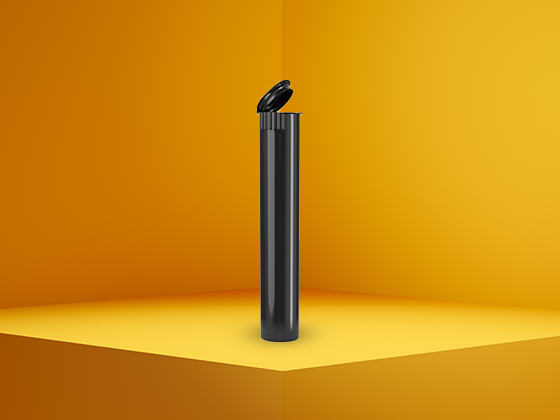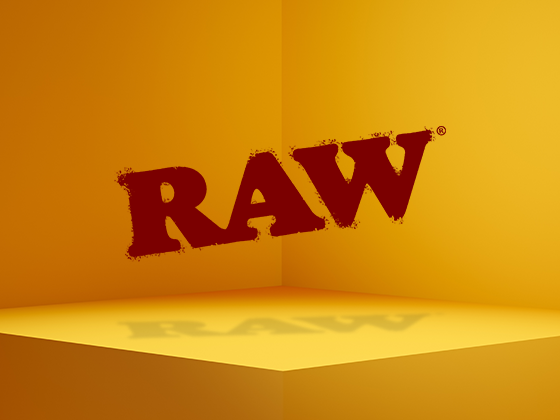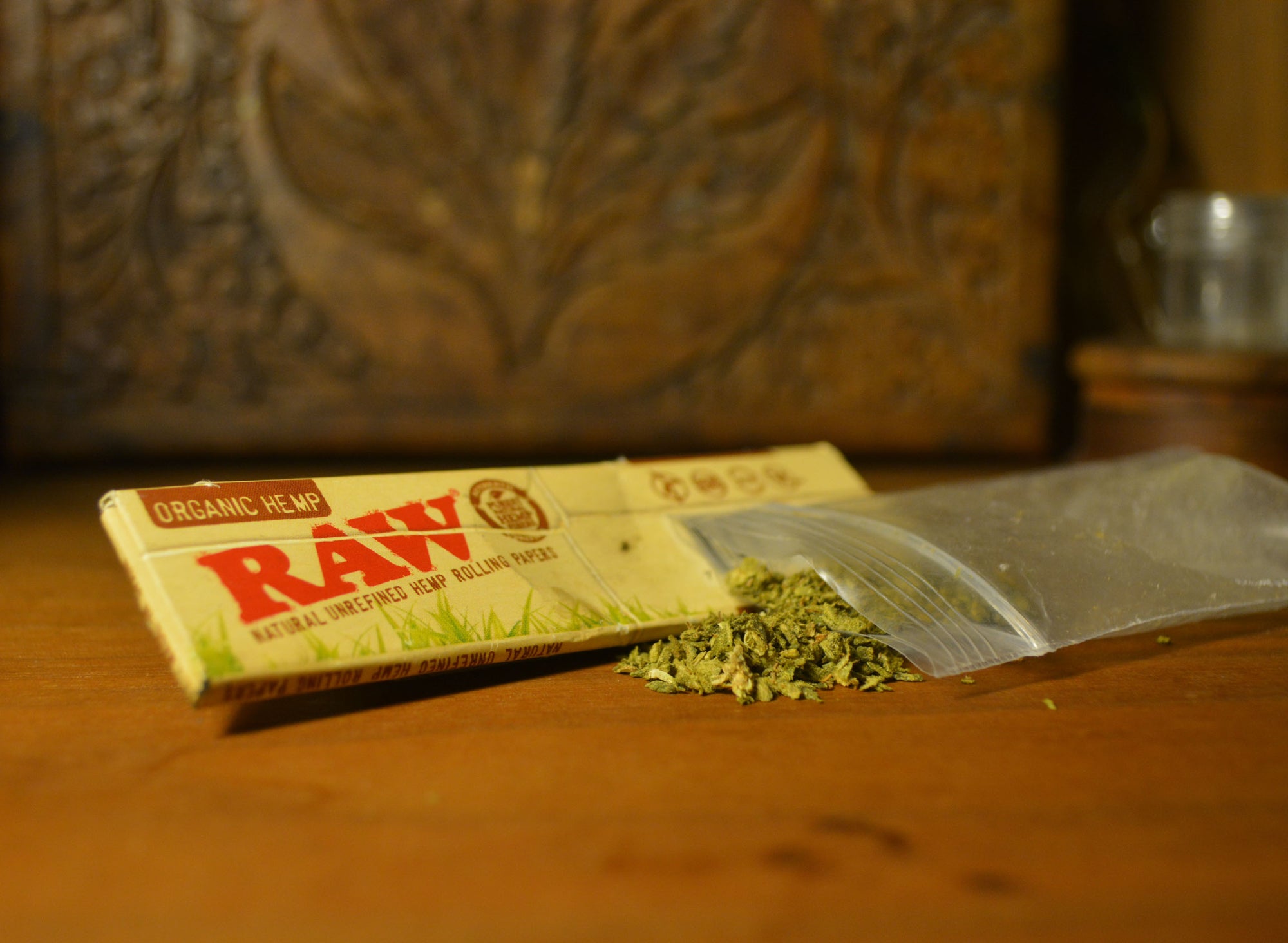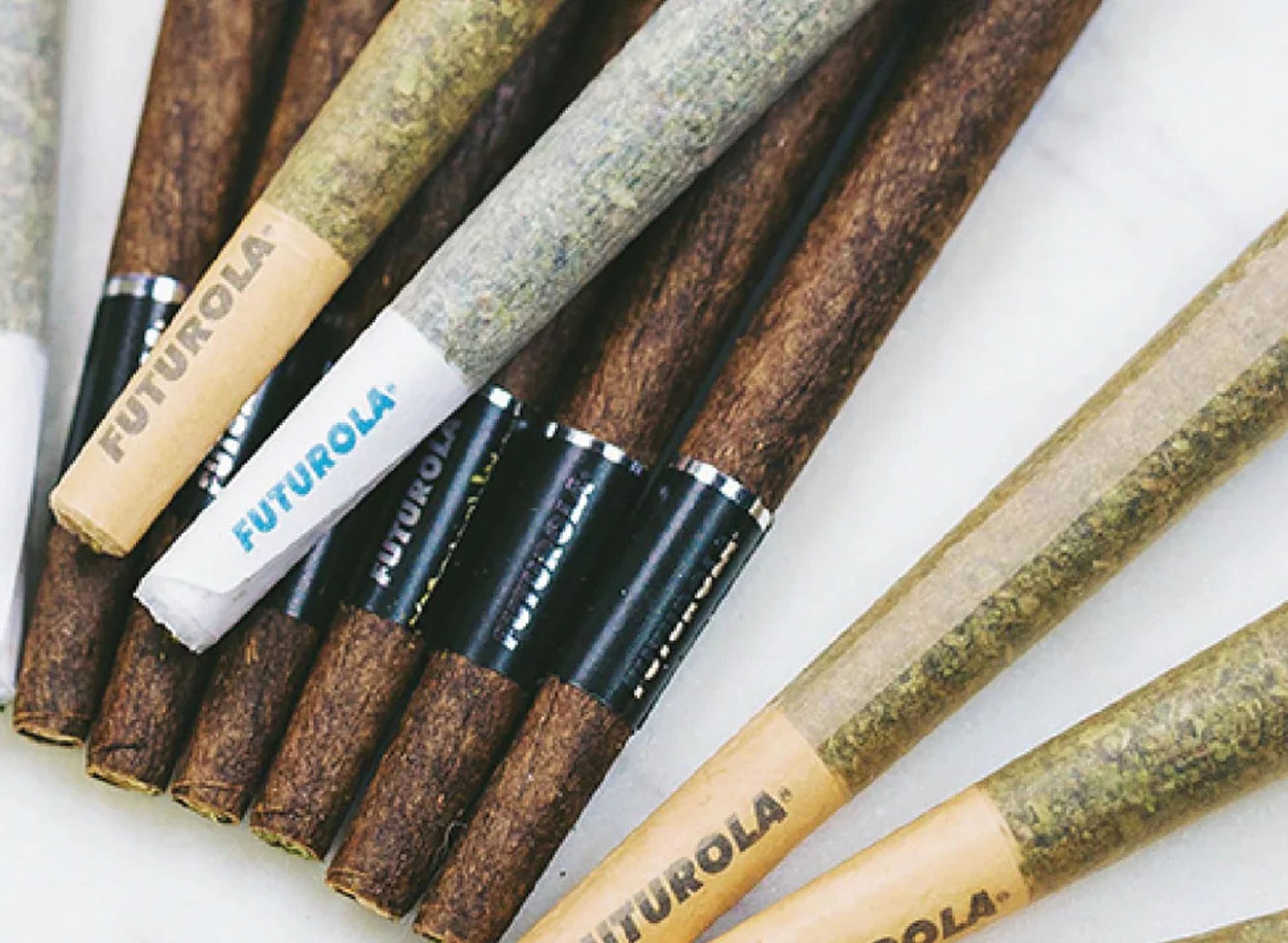Table of Contents
When Netflix released 'Disjointed' in 2017, it marked one of the first attempts by a major streaming platform to center a comedy series around a cannabis dispensary. The show, starring Kathy Bates as dispensary owner Ruth Whitefeather Feldman, arrived during a pivotal time in cannabis normalization. While the series only ran for two seasons, it sparked conversations about how cannabis culture is portrayed in mainstream media.
Show Premise and Key Characters
The show Disjointed revolves around Ruth, a longtime cannabis advocate who finally realizes her dream of opening a dispensary in Los Angeles after legalization. The workplace comedy brings together a diverse cast of characters including Ruth's entrepreneurial son Travis, budtenders Jenny and Pete, security guard Carter who suffers from PTSD, and cultivator Olivia.
The dispensary, aptly named Ruth's Alternative Caring, becomes the central hub where storylines develop and characters interact against the backdrop of California's legal cannabis industry. The series utilizes traditional sitcom formats interspersed with mock commercials and animated sequences that often represent characters' experiences while consuming cannabis.
Portrayal of Cannabis Culture in Disjointed
Disjointed attempts to balance comedy with commentary on cannabis culture and industry challenges. The show addresses topics ranging from medicinal benefits and patient relationships to regulatory hurdles and societal stigma. However, critics and cannabis enthusiasts have mixed opinions about its execution.
The series frequently references different consumption methods, from the traditional joint vs bowl debate to more contemporary options. While some viewers appreciated the normalization of cannabis conversations, others felt the show relied too heavily on stoner stereotypes and outdated humor.
Critical Reception and Viewer Response
Professional critics were largely unkind to Disjointed, with the series holding a 23% rating on Rotten Tomatoes. Many reviews criticized the show's laugh track, conventional sitcom format, and what some perceived as shallow characterizations of cannabis users.
Despite critical panning, some viewers found value in the show's willingness to address cannabis topics openly. The series did attempt to incorporate educational elements about cannabis strains and effects, though these were often overshadowed by broader comedy elements. The show's presentation of cannabis packaging and storage also reflected industry practices, similar to how businesses today use specialized storage solutions like mylar bags for product freshness in real-world dispensaries.
Cultural Impact and Representation
Regardless of its reception, Disjointed arrived at a significant moment in cannabis history. The show premiered as California prepared for adult-use legalization and as public opinion continued shifting toward acceptance. It attempted to normalize cannabis businesses as legitimate operations rather than fringe establishments.
The series also tried to address serious issues including veterans using cannabis for PTSD (through Carter's character), the conflict between corporate cannabis and grassroots advocacy, and the ongoing tension between state legalization and federal prohibition. These elements provided depth beyond the comedy, though execution varied in effectiveness.
Representation in Cannabis Media
Disjointed's diverse cast offered some representation rarely seen in cannabis-centered media, though character development was sometimes sacrificed for comedic effect. The show occasionally referenced the disproportionate impact of cannabis prohibition on communities of color, though critics noted these important themes weren't explored with sufficient depth.
Some episodes touched on cannabis strain varieties like Cluster 35 and other specific cultivars, attempting to incorporate authentic industry terminology into the narrative.
Cannabis Terminology Featured in the Show
The show incorporated various cannabis terms and concepts, some more accurately than others. References to consumption methods, strain effects, and dispensary operations provided viewers with a glossary of cannabis culture, though sometimes exaggerated for comedic effect.
The term "joint" frequently appeared in the series, referring to the classic cannabis consumption method. For those unfamiliar with cannabis terminology, understanding the slang term "joint" and its cultural context adds another layer to appreciating (or critiquing) the show's approach to cannabis representation.
Episodes occasionally addressed practical cannabis concerns that consumers might relate to, such as discreet storage solutions and misconceptions about cannabis use like health concerns around sharing.
The Legacy of Disjointed in Cannabis Media
While Disjointed may not have achieved critical acclaim or longevity, it represents an important milestone in mainstream cannabis representation. The show opened doors for more nuanced cannabis-centered content that would follow on various platforms.
As the cannabis industry continues to evolve and mature, media portrayals have similarly progressed. Newer productions tend to move beyond the stoner stereotypes that Disjointed sometimes embraced, focusing instead on the complex business, scientific, medical, and cultural aspects of modern cannabis.
The conversation around responsible cannabis representation continues today, with industry professionals advocating for media that educates accurately while entertaining effectively. Though flawed in many respects, Disjointed serves as an interesting time capsule of cannabis representation during a transitional period in legalization history.
For those interested in cannabis culture and its media portrayal, Disjointed provides a starting point for examining how far representation has come and how much further it still needs to go. Whether viewed as a missed opportunity or a stepping stone toward better cannabis content, the show remains a notable entry in the growing catalog of mainstream cannabis media.










